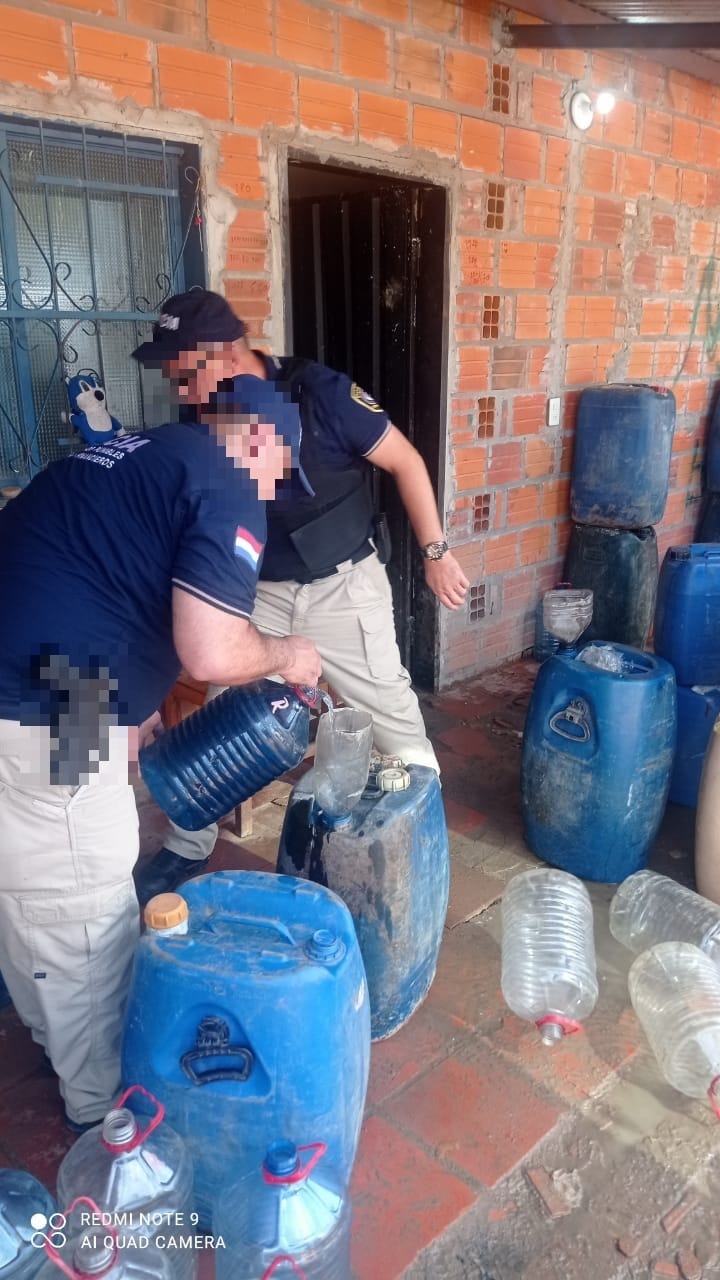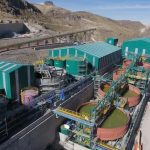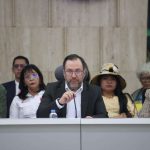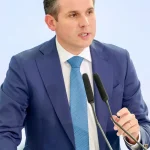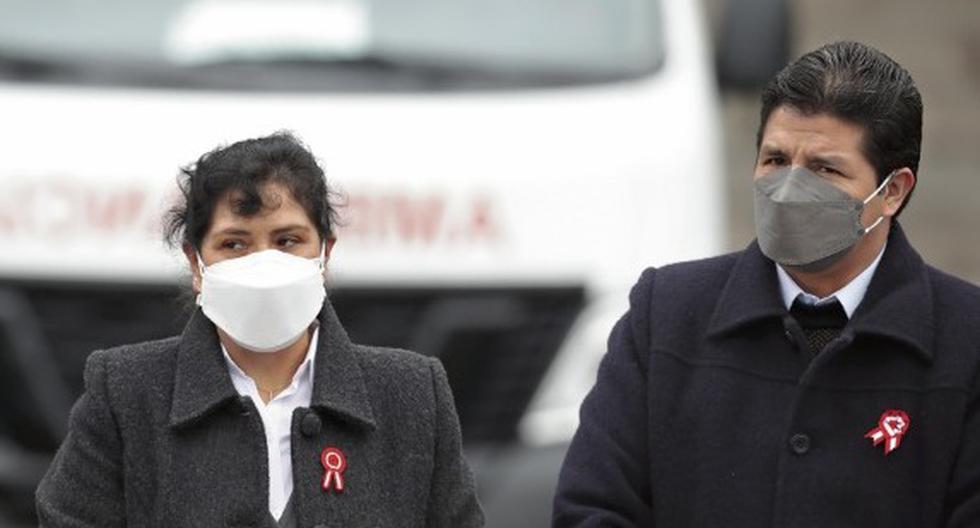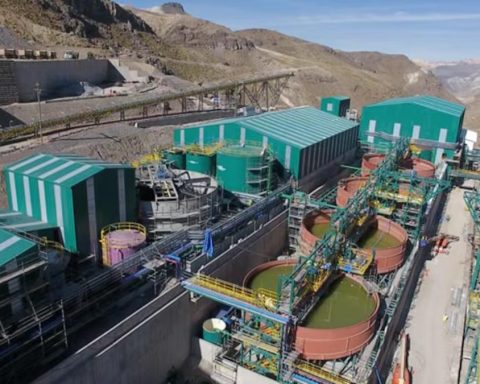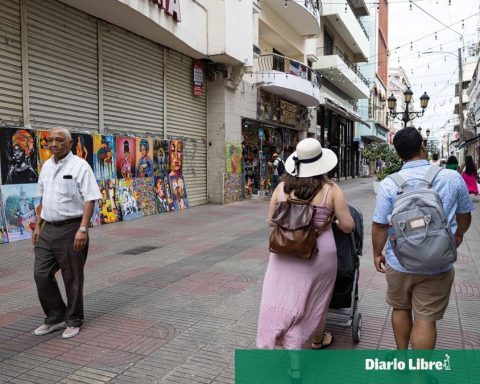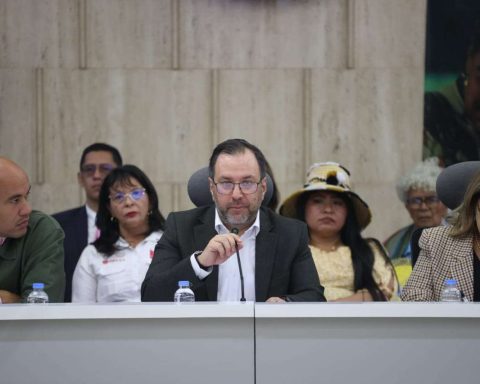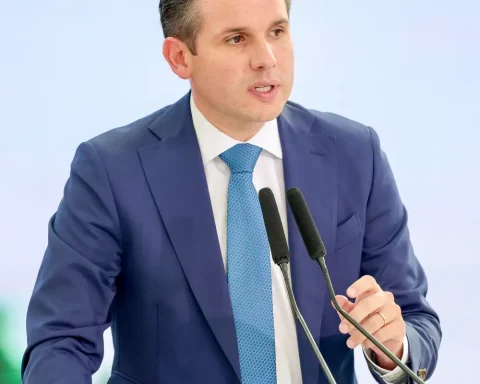The UN special rapporteur on toxic substances and human rights, the Chilean Marcos Orellana, advocated this Friday for the rights of communities in Paraguay, particularly indigenous people and peasants, in the face of the threat posed by the use of toxic substances.
Source: EFE
In a statement on the visit that began on September 3 to the country at the invitation of the Government, Orellana welcomed the fact that Paraguay has ratified all the international agreements on chemicals and waste, including the Basel, Rotterdam, Stockholm and Minamata conventions, and noted that it has “a good foundation of environmental laws.”
“However,” he added, “the vast majority are not met.”
In the six-page document, which he read at a press conference, Orellana considered that the country has the opportunity to face these problems “in a decisive and structural manner.”
He warned that by not doing so, “you risk being left out of international markets that increasingly seek to ensure supply chains that respect the environment and human rights.”
PESTICIDES, A CHALLENGE
Orellana pointed to pesticides or pesticides as “one of the main environmental and human rights challenges” of the country, and described as “worrying” the “undue influence” of companies in public policy on agrochemicals.
He mentioned that in Paraguay an annual average of 4.25 liters per hectare of pesticides is dumped, data that he considered “even more chilling” if one takes into account that the most imported pesticides in the country are glyphosate, 2,4-D and paraquat, the latter prohibited by the European Union since 2007 and by Switzerland since 1989.
TODAY was news: Two people tried to steal checks from the Ramón González Daher case
“The massive and indiscriminate use of pesticides in crops in Paraguay has created an unsustainable situation for communities that were already in a marked situation of vulnerability,” he said.
The rapporteur pointed out that the communities have normalized damage such as headaches and nausea while the health system does not record these cases as exposure to pesticides.
“There is a pattern in Paraguay in which vulnerable groups, particularly indigenous peoples and peasant communities, find themselves cornered by crops dependent on agrochemicals,” he lamented.
The official warned about the limited degree of protection of human health and ecosystems; the lack of generation and dissemination of environmental and epidemiological information; of the impunity of companies in the face of human rights abuses; and systemic obstacles to access to justice.
“Crossing through all these problems is the lack of effective enforcement of environmental legislation,” held.
HAZARDOUS WASTE, DEFORESTATION AND MINING
In addition, it revealed that despite the approval, in 2004, of a law known as ‘Zero’ Deforestation, satellite mapping shows that from 2006 to 2016 an average of 60 hectares per day was deforested, phenomenon that occurred “in a context of territorial inequity and illegally granted land” during the dictatorship of General Alfredo Stroessner (1954-1989).
On the other hand, he expressed concern that the country “does not have a definition or classification of hazardous waste, or actual reports of hazardous waste generation.”
Specifically, it stated that in 2017 the National University of Asunción detected methyl tert-butyl ether (MTBE) -used as an oxygenating agent in gasoline- in an aquifer that supplies the approximately three million inhabitants of the Asunción metropolitan area, and demanded “measures urgent” to avoid contamination with that substance.
Also read: They perform the first bone marrow transplant for patients with systemic sclerosis
He also exhibited the “serious impacts” caused by the use of mercury and cyanide in gold mining in the district of Paso Yobái, in the department of Guirá (south), where, he stated, “high levels of mercury contamination have been revealed in the fish in the streams and in the the mine workers.
Finally, the rapporteur, who will present his final report to the UN Human Rights Council in September 2023, recommended that the State ratify “Without delay” to the Escazú Agreement, the first environmental pact in Latin America and a pioneer in the world in the protection of environmentalists.
In this regard, he considered “alarming” the information on violations against human rights defenders and the “use of criminal law” to repress protest and social articulation.
